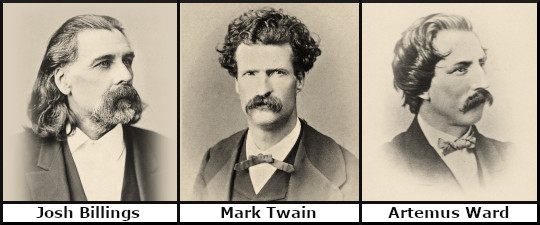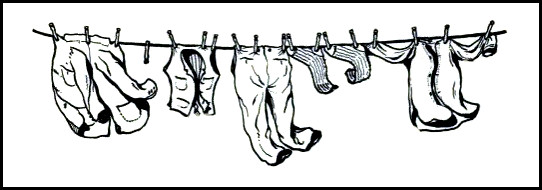Charles Dickens? Ellen Pickering? Anonymous?

Question for Quote Investigator: The famous English writer Charles Dickens has received credit for a high-flown expression that compares a person’s hopes to a beautiful bloom that should not be spoiled. I have been unable to find this saying in any of his novels, and I have begun to doubt that he crafted it. Would you please explore this topic?
Reply from Quote Investigator: In 1836 the popular English novelist Ellen Pickering published “The Merchant’s Daughter”. Within the book two characters, Lord Clanellon and Florence Lyle, engage in a complex layered dialog. The statement below from Clanellon suggests that he loves Lyle, but he hopes that she will signal her reciprocal feelings before he confirms his love. Emphasis added to excerpts by QI:1
“There are hopes the bloom of whose beauty would be spoiled by the trammels of description: too lovely, too delicate, too sacred for words, they should be only known through the sympathy of hearts!”
Florence looked silent amaze, though a faint glow came on her cheek, perhaps from his fixed gaze and a flickering consciousness.
Clanellon resumed.
“You do not ask me to explain this hope;—may I not then indulge in the delightful flattery that you understand it without words? that you feel it without explanation? that a sympathy with that hope has revealed its meaning?”
Eventually, Lyle makes clear that Clanellon’s amorous feelings would be unwelcome, and he pivots by indicating that he is not feeling love. Instead, he is simply experiencing happiness and hope; he knows she is also in a wild happy mood:
“I too felt in that same light and happy mood, and that to ask the cause of such a mood would be to mar its beauty.”
The first statement above written by Ellen Pickering has incorrectly been reassigned to Charles Dickens for many years. QI is uncertain how this reassignment occurred, but the discussion accompanying the 1884 citation given further below presents one speculation.
Here are additional selected citations in chronological order.
Continue reading “Quote Origin: There Are Hopes the Bloom of Whose Beauty Would Be Spoiled by the Trammels of Description”




